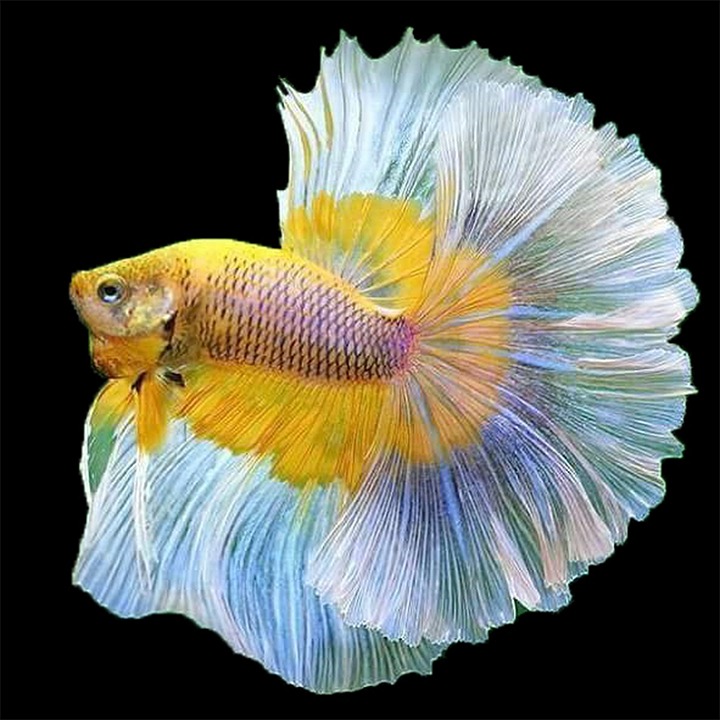Proper nutrition is vital for the health and well-being of fish in an aquarium. Despite our best efforts, fish can sometimes suffer from malnutrition. In this article, we will discuss the signs of malnutrition in fish tank fish and provide tips to prevent and address this issue.
Malnutrition in fish occurs when they are not receiving a balanced diet that meets their nutritional needs. A balanced diet is essential for fish health as it provides the necessary nutrients for growth, energy, and overall well-being.
Some common signs of malnutrition in fish include a loss of appetite and refusal to eat. If your fish is not showing interest in food or consistently refusing to eat, it may be a sign of malnutrition. Weight loss and shrinking body size are also indicators of malnutrition in fish. If you notice that your fish are becoming thinner and their body size is decreasing, it is essential to address their nutritional needs.
Dull or faded coloration is another sign of malnutrition in fish. Healthy fish generally exhibit vibrant and bright colors. If your fish’s coloration appears dull or faded, it could be due to a lack of essential nutrients. Sluggish or lethargic behavior is yet another sign of malnutrition. Fish that are not receiving proper nutrition may become lethargic and display reduced activity levels.
Malnutrition weakens the immune system of fish, making them more susceptible to diseases. If you notice that your fish are frequently falling ill or are unable to recover from common ailments, it may be due to malnutrition.
Identifying specific nutrient deficiencies can help address malnutrition in fish. Protein deficiency can lead to stunted growth and muscle wasting. Vitamin deficiency can cause various health issues, including weakened immune system and poor growth. Mineral deficiency can result in skeletal deformities and impaired organ function. Fatty acid deficiency affects fish’s overall health and can lead to various diseases.
To prevent and address malnutrition in fish, provide a varied and balanced diet. Using high-quality commercial fish food ensures that your fish receive the necessary nutrients. Supplementing their diet with live or frozen foods like brine shrimp or bloodworms can provide additional nutrition. Consider using dietary supplements or additives specifically designed for fish to ensure they receive all the essential nutrients.
It is essential to monitor your fish’s feeding habits and adjust accordingly. Overfeeding can lead to malnutrition as fish may fill up on low-nutrient foods and miss out on essential nutrients. It is best to feed fish small portions multiple times a day, ensuring they consume their food within a few minutes.
In conclusion, it is crucial for fish owners to be vigilant in monitoring the signs of malnutrition in their fish tank fish. By providing a varied and balanced diet, closely observing their behavior, and making necessary adjustments, we can ensure the optimal health and well-being of our aquatic companions. Remember, healthy and well-nourished fish not only live longer but also exhibit vibrant colors and energetic behavior, enhancing the overall beauty of your aquarium.









